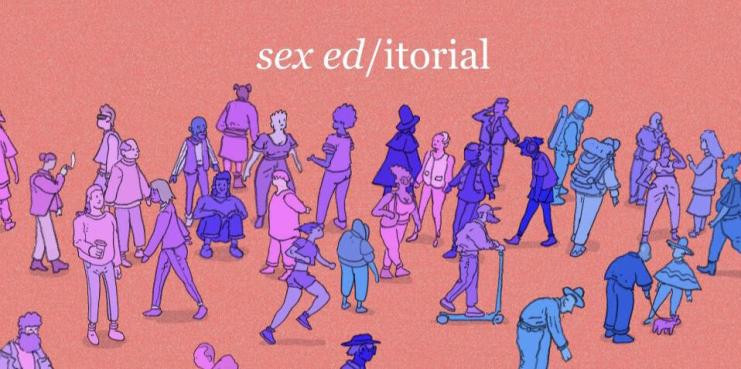Le Petit Robert added iel to the dictionary and the entry is a little underwhelming
I find the entry to be incomplete, as no examples on how to use iel in a sentence are provided
On Nov. 17, Le Petit Robert added iel as a French gender neutral-pronoun to their dictionary. For now, it can only be found on their website, but iel will be added to the 2022 printed edition of Le Petit Robert.
This addition does not represent a political stance. As stated on their website, the publication’s sole mission is to observe the evolution of the French language and to add novel words as their usage becomes increasingly significant.
For that reason, I wouldn’t call Le Petit Robert progressive, but I appreciate them for being the first French dictionary to acknowledge a neopronoun as a real word. Well, besides Wiktionary, which added the entry iel in 2013.
I only learned about the existence of this pronoun about a year and a half ago, when I was looking into French gender-neutral pronouns to use for myself. My initial reaction to the neopronoun was negative because I didn’t like how it was a merging of two gendered pronouns: il and elle. It didn’t really feel gender-neutral to me, since the only way to make nouns and adjectives agree with iel in a sentence would be to use both gendered endings.
For example: Iel est un.e étudiant.e à Concordia.
To me, that isn’t very aesthetically pleasing nor is it truly gender-neutral. Nonetheless, I am very supportive of Le Petit Robert’s decision of adding iel to their dictionary.
What is the point of defining a word if you don’t provide education on how to use it?
However, this decision was not faced without criticism on the part of—I’m gonna say it—boomers, who believe that inclusive language will lead to the demise of the French language. Critics also claim this pronoun is only used by young folks—as though non-binary people don’t exist in older generations.
I think it’s ridiculous to claim that inclusive language will destroy the French language when the real reason the French language is losing popularity among trans and non-binary folks is due to francophones refusing to use our preferred pronouns. For example, the francophone trans* community tends to seek services in English—despite their native language being French—because many healthcare professionals don’t know how to use French gender-neutral pronouns.
This is exactly why it is imperative that French dictionaries define gender-neutral pronouns and explain how to properly use them. The problem with Le Petit Robert’s entry of iel is that it does not provide any examples of how to use the pronoun in a sentence, unlike every other dictionary entry. This does not help educate people on how to use the pronoun.
What is the point of defining a word if you don’t provide education on how to use it?
Wiktionary, on the other hand, provides a very lengthy entry for the pronoun iel along with other alternative gender-neutral pronouns. It’s a much more helpful definition of iel, which is why I think it should be the template for every French dictionary’s entry of the word. But since Wiktionary is an open-source dictionary that isn’t recognized by the Office québécois de la langue française, non-binary people cannot cite it as proof that their pronouns are valid. Having an official dictionary like Le Petit Robert properly define and explain the pronoun iel would be very helpful in getting people in the habit of using it.
Although, one could argue that using the pronoun iel in a gendered sentence would automatically make it gender-neutral.
For example, one could say iel est une étudiante à Concordia or iel est un étudiant à Concordia. Both ways would essentially be gender-neutral because the gender-neutral pronoun would serve as indication that the sentence is gender-neutral.
How to degender a language 101.
Basically, I disagree with critics who claim the French language should stop trying to be more inclusive. I don’t need a degree in linguistics to know that every single language evolves from the second it emerges into existence to the second it dies. Actually, it could be said that languages die when they cease to evolve. On the other hand, I must agree with critics who believe that, although it is a step in the right direction, simply defining iel is not enough if no examples are given on how to use it in a sentence.
Nonetheless, the addition of iel in Le Petit Robert is a step forward in making the French language more gender-neutral and accessible to non-binary people.


_600_832_s.png)




_600_375_90_s_c1.jpg)